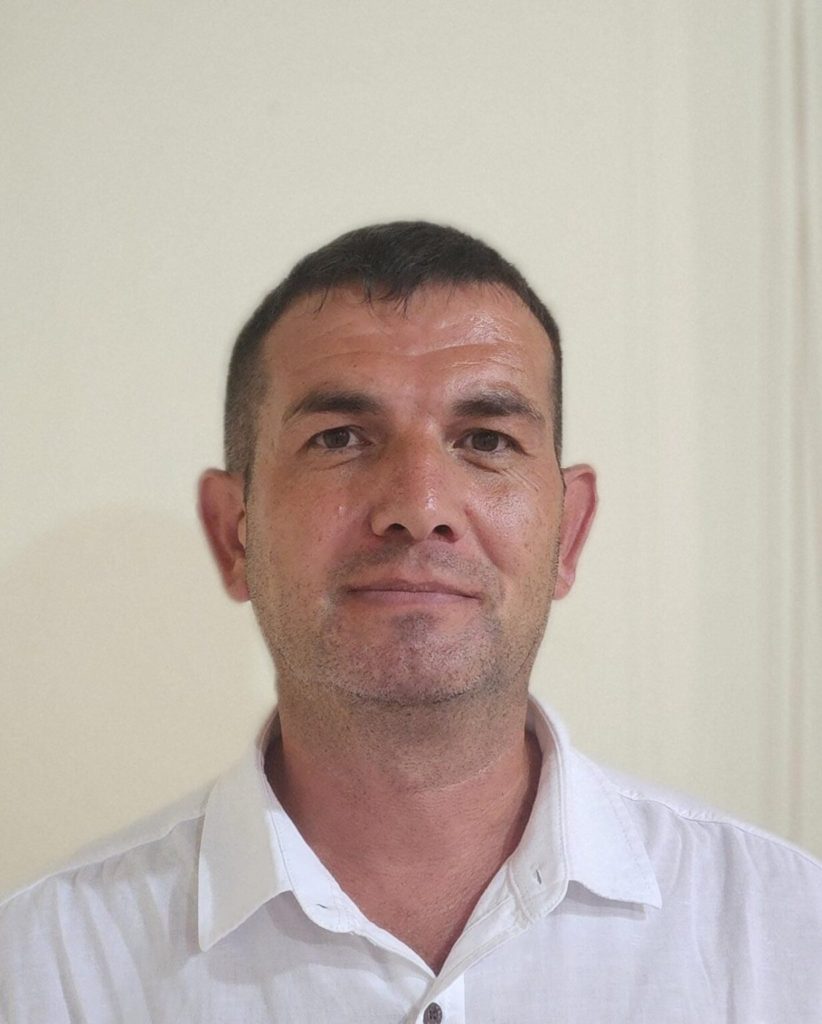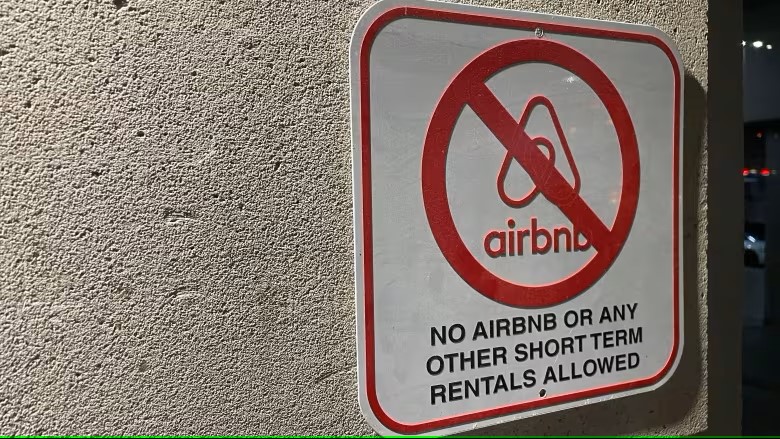Turkey’s Culture and Tourism Ministry is about to finalize work to regulate the short-term rental market, introducing new legal obligations for those who rent out their properties.
According to the regulations under consideration, property owners should put a sign on the doors of the houses indicating that it is a short-term rental property. Those who violate the new rules will face up to a 1 million Turkish Liras fine.
Those, who want to rent out their houses, will need the consent of all occupants at the building and should get a license from the ministry. The ministry launched the work for houses offered on the Airbnb application in July with the aim of finalizing the new regulations by the end of this year.
Officials from the ministry said that the work is expected to be completed soon and the new regulations will be forwarded to parliament for its approval in the coming weeks.
The new regulations set out three main conditions for those who want to rent out their properties, they said. Foremost, they will need to get permission from all neighbors at the apartment. Even if one occupant at the building disagrees, the property cannot be put out for short-term rental.
Airbnb is an online marketplace for short and long-term accommodations. In the statement, it was stated that rental housing is preferred by local and foreign tourists due to the price advantage and that this situation negatively affects the hotel business.
Local reaction
Voices spoke to Semih Erdem, a member of the Didim Tourism Association and also a hotel manager, about how short-term housing rental affects earnings this season.

Semih Erdem – A member of the Didim Tourism Association
Mr. Erdem stated that this year they could not make a strong start to the season for many reasons, but they have experienced a recovery since July 15th.
“If we evaluate the success of the season by the hotel occupancy rate, we can say that the season was successful both in Didim and throughout Turkey. The hotel I manage had a fuller season than the previous two years. However, my profit was lower than in both years,” he said.
Stating that there is a general decrease in the profitability rates of hoteliers, Mr Erdem said: “The reason for this is not Airbnb nor other daily housing rental methods. We cannot say that Airbnb is used widely enough to affect hotel management in Turkey. Therefore, it is unrealistic to look for the problems experienced in tourism in housing rental.”
Factors affecting profit margins
Mr. Erdem said that hoteliers started selling rooms through tours two winters in advance, and added that this poses significant risks for hoteliers, considering the depreciation of the Turkish Lira and exchange rate fluctuations.
“If there had not been a recovery in the exchange rate after the elections this year, unfortunately, hotel operators would have gone bankrupt. Because according to last year’s exchange rate, the rooms we sold were not enough to cover this year’s expenses.
“The reason we did not make significant profits this year is that the cost of living has increased. We are pleased to have closed the season this year without ruining our business and satisfying our employees. Of course, it is a sad situation, but I do not see a pessimistic picture for the next season.”
Hoteliers’ perspective on Airbnb and tourism
Evaluating the Ministry’s regulations regarding Airbnb, Mr Erdem also stated that it is not negative if all daily housing rental methods are registered and within the framework of certain rules.

Some buildings have banned Airbnb and short-term rentals (Image: Andrew Foote)
“Legal regulations regarding Airbnb have now been implemented in Europe. Some countries even banned it. I am not in favour of banning such daily housing rentals because it also ensures that different tourists come to the region,” he said.
Debate over homeowners’ approval
The most discussed article in the legal regulations regarding Airbnb was the requirement for the person who will rent the apartment to obtain the approval of the other homeowners in the apartment/site.
On this subject, Mr Erdem said: “This has some understandable aspects in terms of security. Site residents may be concerned about the presence of strangers living near their families. Some holidaymakers may engage in reckless behaviour that may harm the peace of those who live on site.
“Of course, it would be right to introduce a careful regulation by protecting the property owner’s right to rent his house, but also taking into account the peace of those living in the same apartment.”
